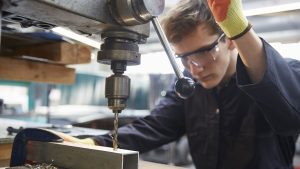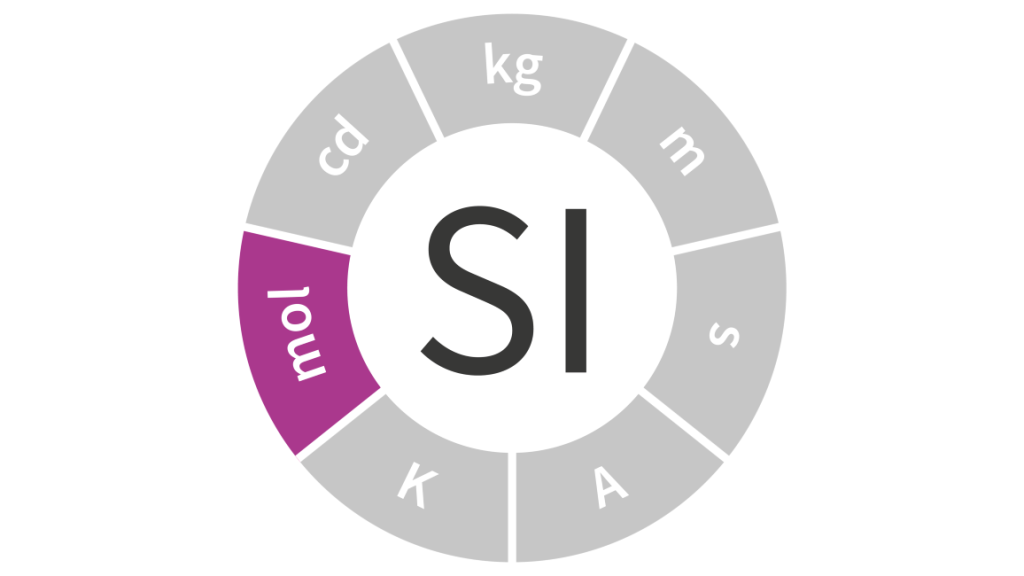

The mole is the SI unit used to express chemical amount. Accurate chemical measurements are vital for a range of applications including accurately administering medicines, monitoring environmental pollution, assuring food and water quality and optimising chemical engineering processes.
The Mole and Chemical Metrology course is part of the National Physical Laboratory’s (NPL) Fundamentals of Metrology training programme. The programme is comprised of seven standalone modules, each corresponding to one of the seven SI base units. The module is delivered via a series of pre-recorded video lectures.
This course includes the following topics:
Learners who successfully complete the course will receive an NPL Certificate of Completion.
Recommended Pre-learning
To lay the foundations for this module, it is recommended that all learners complete the two half-day NPL e-learning courses: Introduction to Measurement and Metrology and Introduction to Measurement Uncertainty.